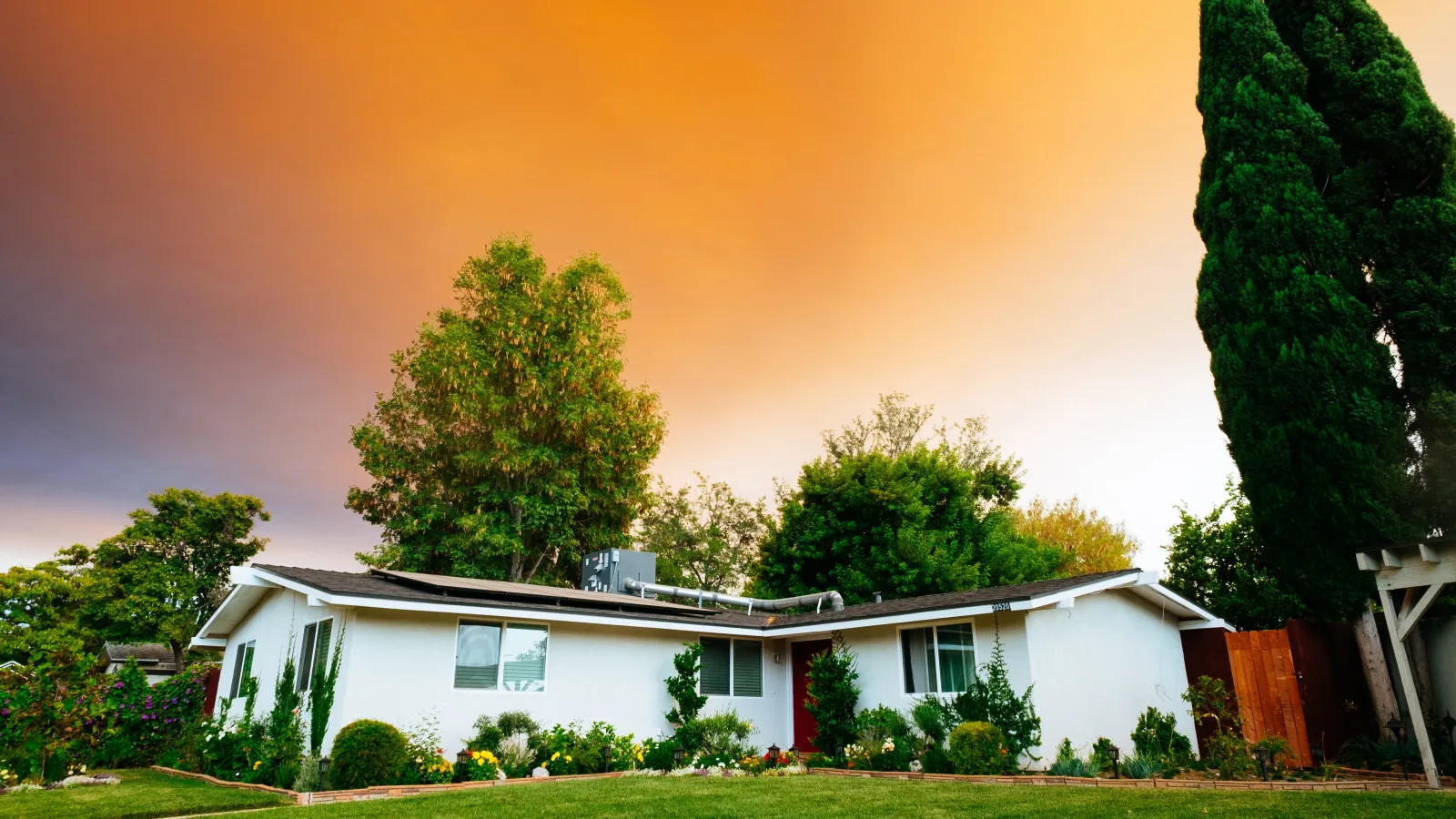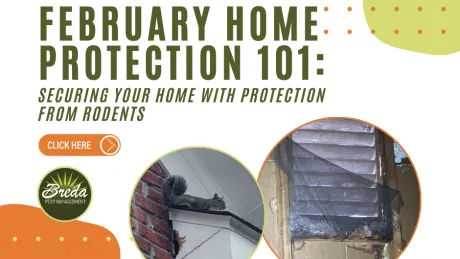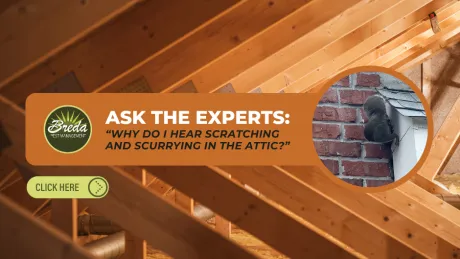When you think of summer, you may picture swimming in the pool, grilling out in the backyard, and enjoying time outside. Unfortunately, if you haven’t effectively treated your yard for mosquitoes, all of these activities can and will be ruined by the buzzing, biting pests.
Luckily, you can fight back. Though mosquitoes will naturally live and reproduce in certain areas, there are certain factors that will greatly increase the number of mosquitoes that end up in your yard. By watching for the presence of these factors and removing any offenders, you will be one step closer to a mosquito-free summer.
1. Stagnant Water
The number-one factor that will attract mosquitoes to your yard is the presence of stagnant water in or around your yard. Mosquitoes need stagnant water to lay their eggs, and anything from a bucket of water or plant pot to pool or fountain can turn into a breeding ground if you’re not careful.
The more standing water you have near your home, the higher the likelihood that mosquitoes will move in, feeding on the pets and people in your yard. Mosquitoes don’t need a long period of time to use the stagnant water around your home to lay eggs, so do a careful inspection of your home’s exteriors for any likely suspects.
Dump out any small containers you find that could hold in rainwater, as well as any trash lying around. Mosquitoes are particularly fond of old tires, so be certain to dump any that are on your property. For larger bodies of waters, such as pools, make sure that they are cleaned regularly and the filters are working properly, and consider installing a fountain to get water circulating.
2. Wet Mulch
Wet mulch, along with other common yard decorations such as pine straw and wet soil in a flower bed, can hold enough moisture below the surface to attract mosquitoes. Once mosquitoes identify an area as moist enough to lay eggs, they will nest there, and other mosquitoes will follow.
Once mosquitoes make a home underneath these surfaces in your yard, they will likely continue to use this area as a nest. If these areas are not properly treated, they can become major breeding grounds for mosquitoes and can put you and visitors to your home at risk of annoying buzzing, irritating bites, and potentially-dangerous diseases.
3. Shade
A common question many people have about mosquitoes is, where do they go during the day?
Mosquitoes do not like the dry heat the sun gives off during the warmer times of day. To avoid the heat, mosquitoes hide in any shady, cool place they can find, preferably one that also has a high moisture content. If your yard offers mosquitoes a lot of shady resting places, you can be sure that they’ll make their homes nearby.
These shady areas vary widely from yard to yard. In general, mosquitoes will hide anywhere where the conditions are suitable; this can include parts of a home, such as under decks and porches, as well as natural vegetation like untrimmed bushes, tall grass, and even low-hanging tree branches.
4. Blocked Drains
Having blocked drains or drainage systems on or near your home is like sending an invitation to mosquitoes to hang around and lay eggs in your yard. If a drain is blocked, it’s only a matter of time before water starts to build up inside it, eventually creating a breeding ground.
To make matters worse, since it can be hard to tell when a drain is blocked from the exterior, the eggs inside will have had plenty of time to hatch and develop inside. In the worst-case scenario, several generations of mosquitoes might have hatched by the time you realize there’s a problem.
This source of mosquitoes can be easily avoided if you keep your gutters clear and your drains properly maintained. This can be as simple as moving debris such as sticks and leaves out of any water drainage paths like trenches or open stormwater culverts. Just a little bit of work here can do a lot to limit the number of mosquitoes that end up in your yard.
If you have eliminated and treated the above factors in your yard and still have a large problem with mosquitoes, it may be time to try some DIY mosquito control, though you probably won't be able to fully eliminate the problem alone.
Ultimately, if you want to keep mosquitoes out of your yard for good, you’ll need to contact a pest control professional.
For more information about mosquitoes, what attracts them, and the dangers they pose to you and your family, download our free informative Ebook, How to Keep Mosquitoes Out of Your Yard This Summer, and keep your home safe from these dangerous pests.



